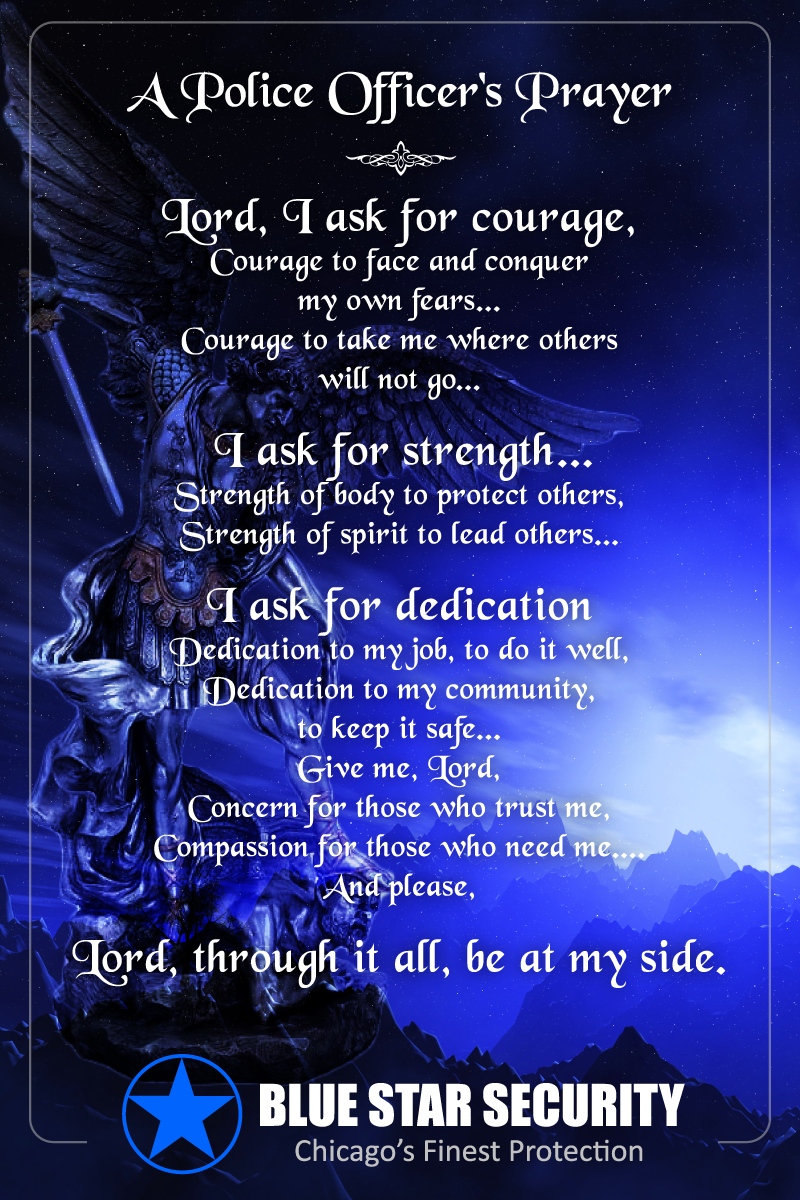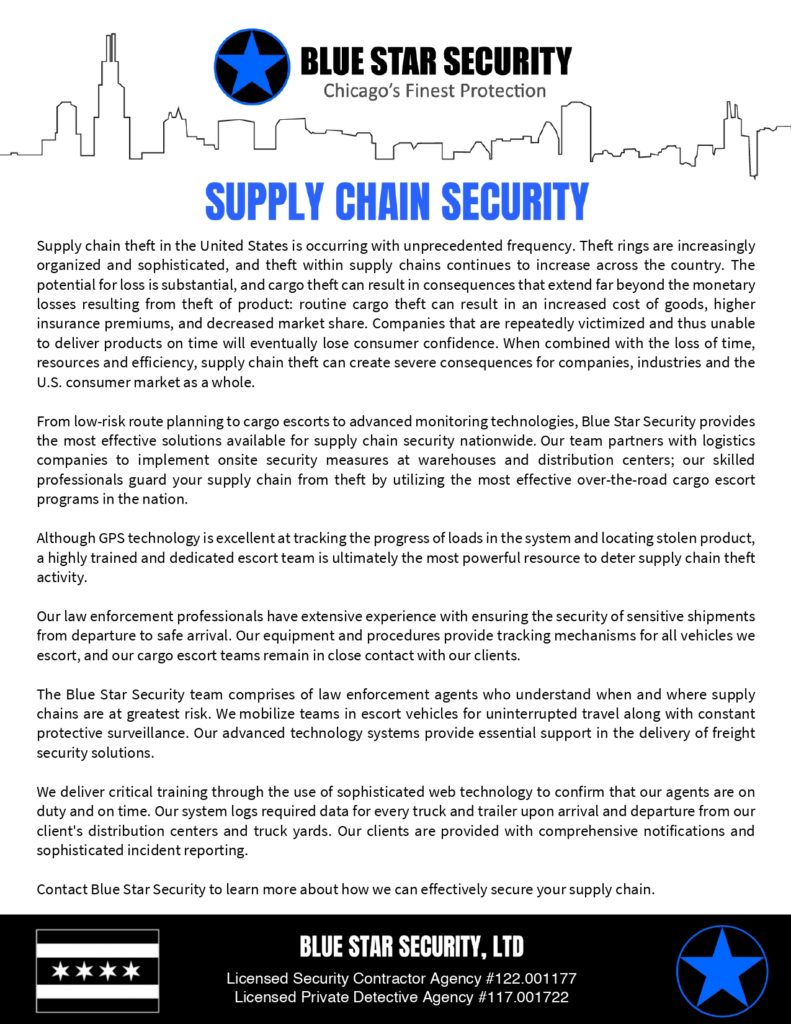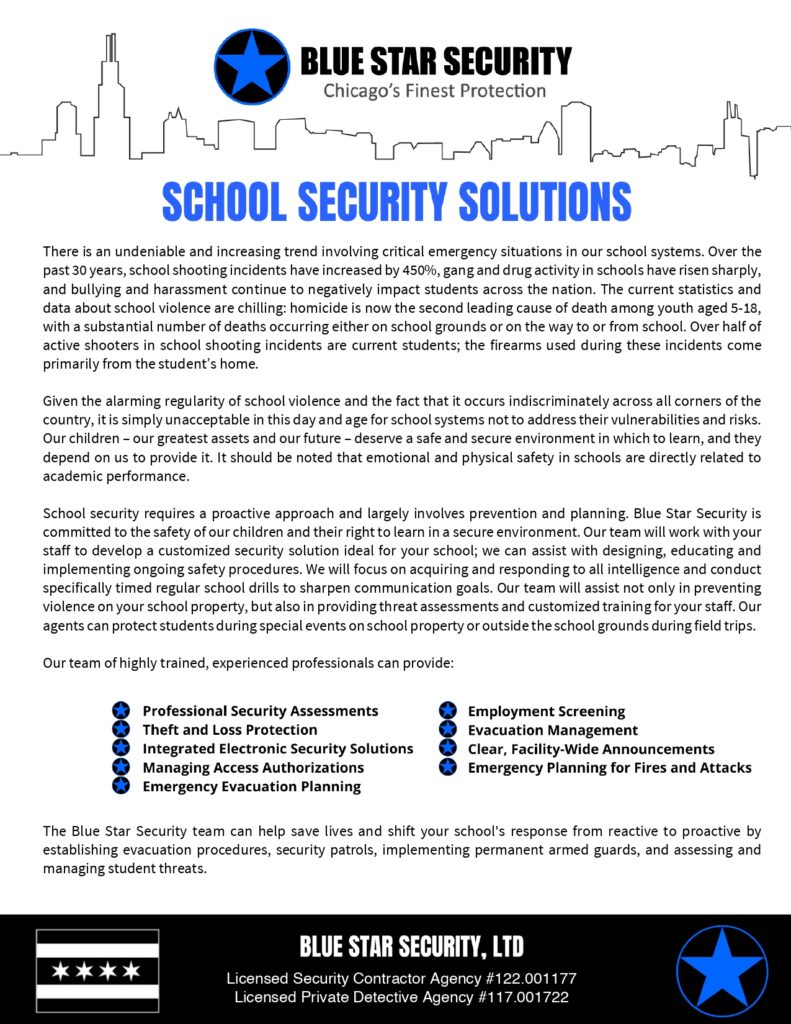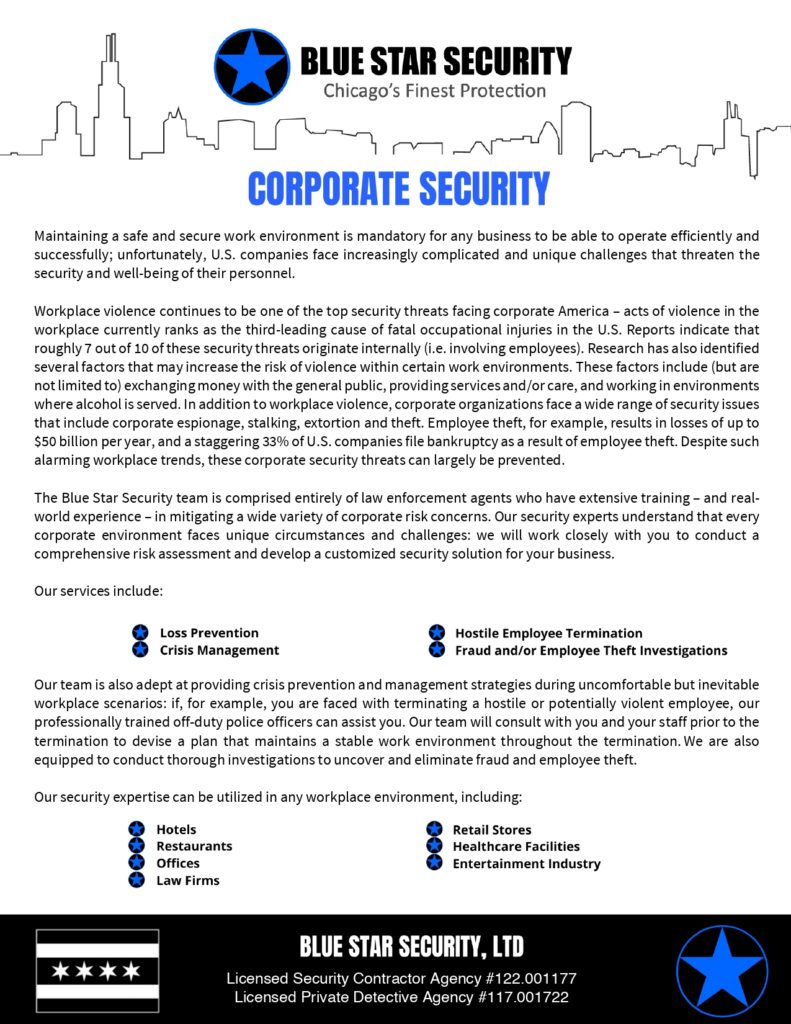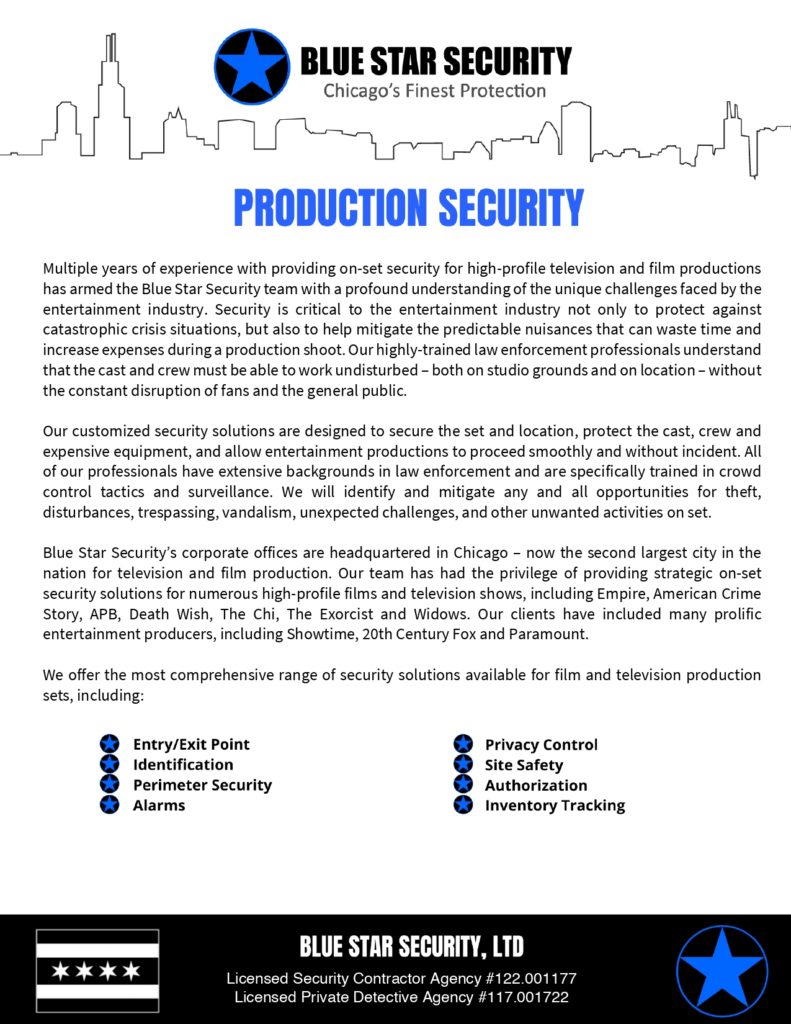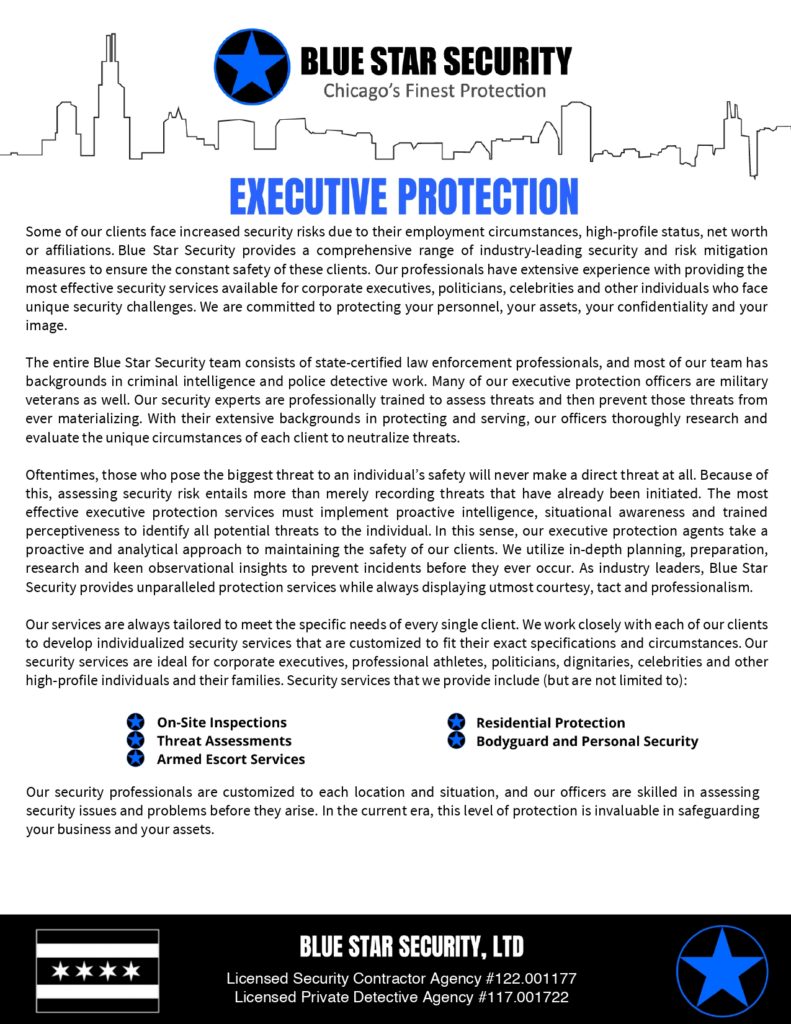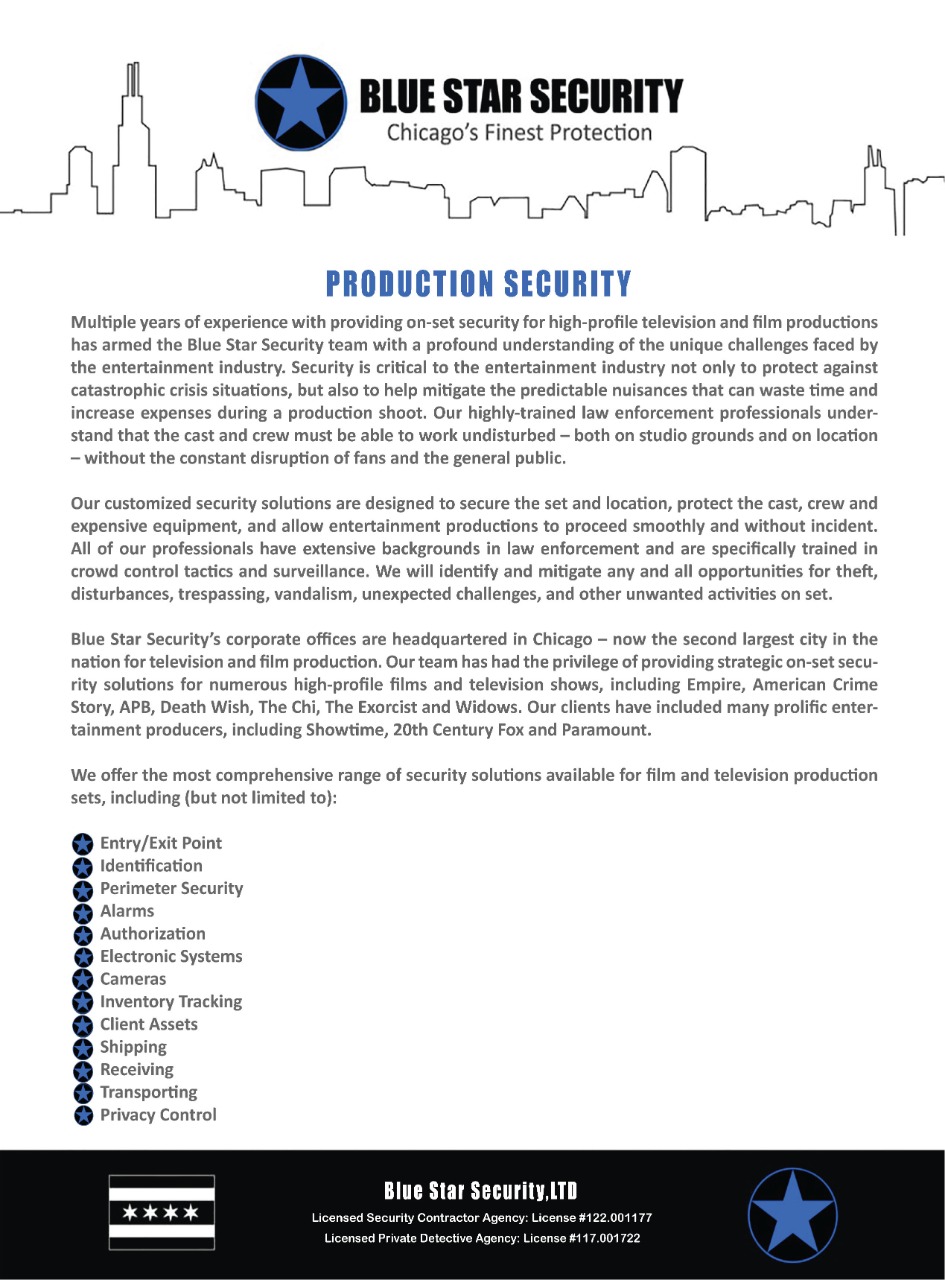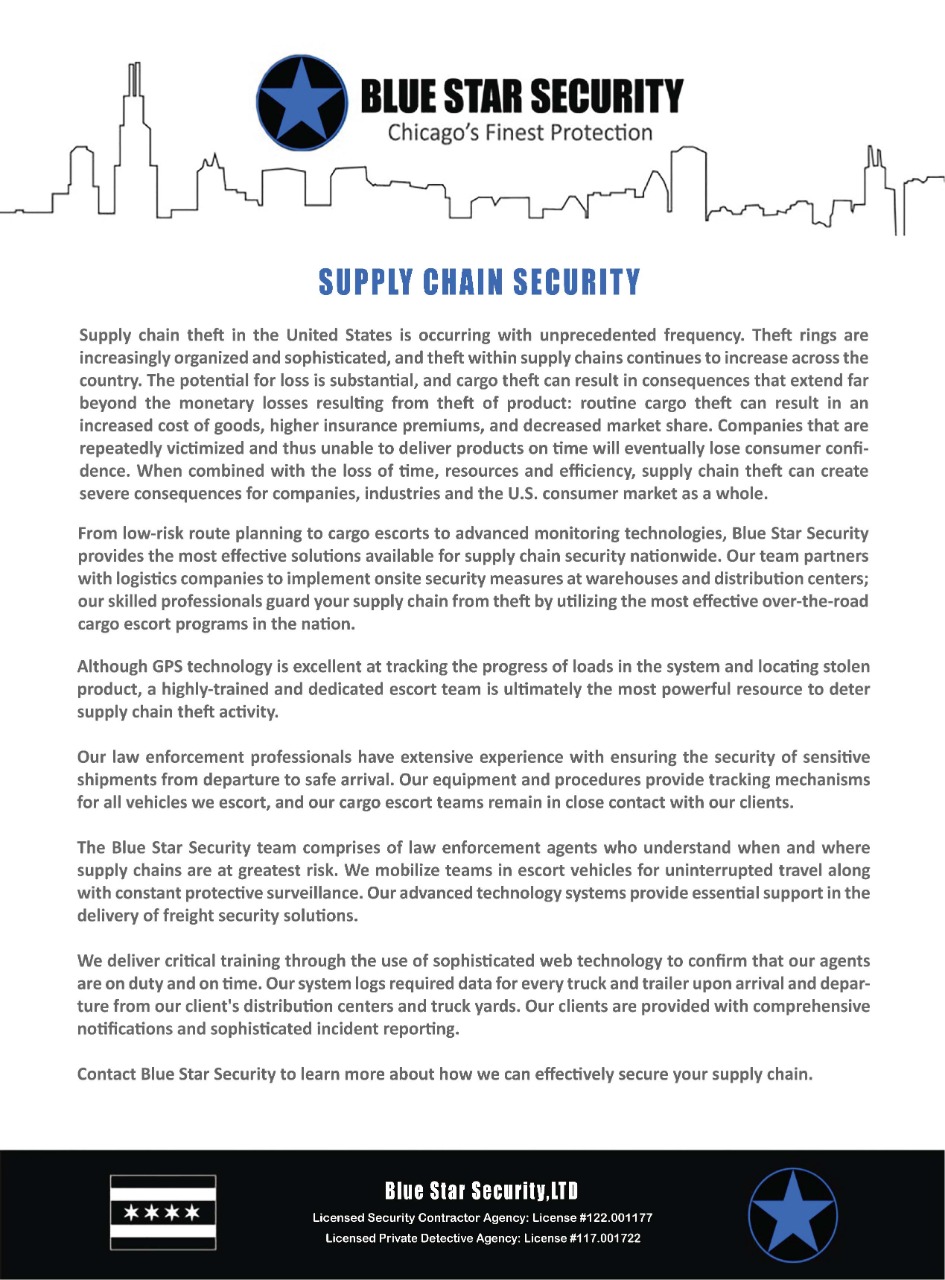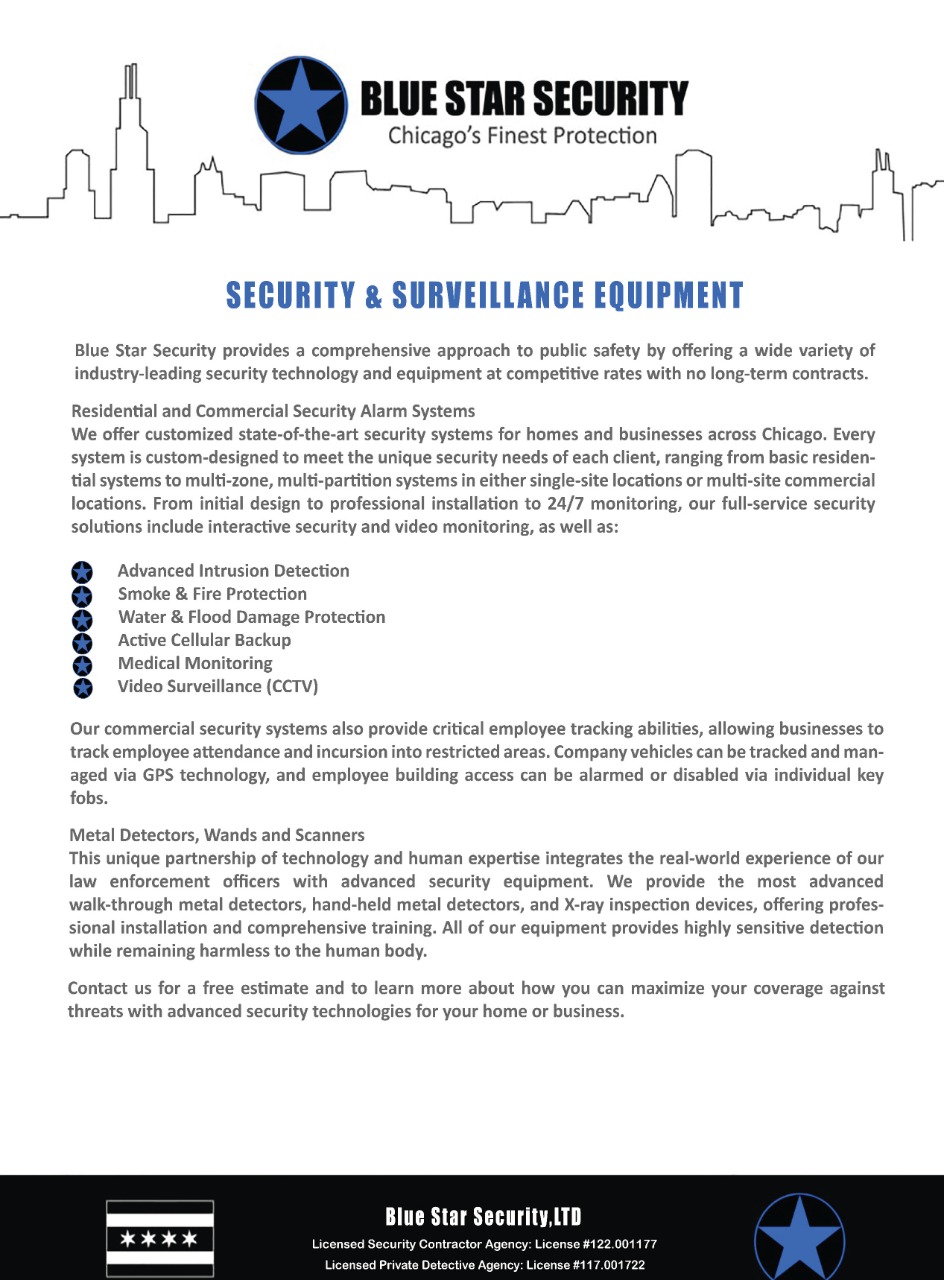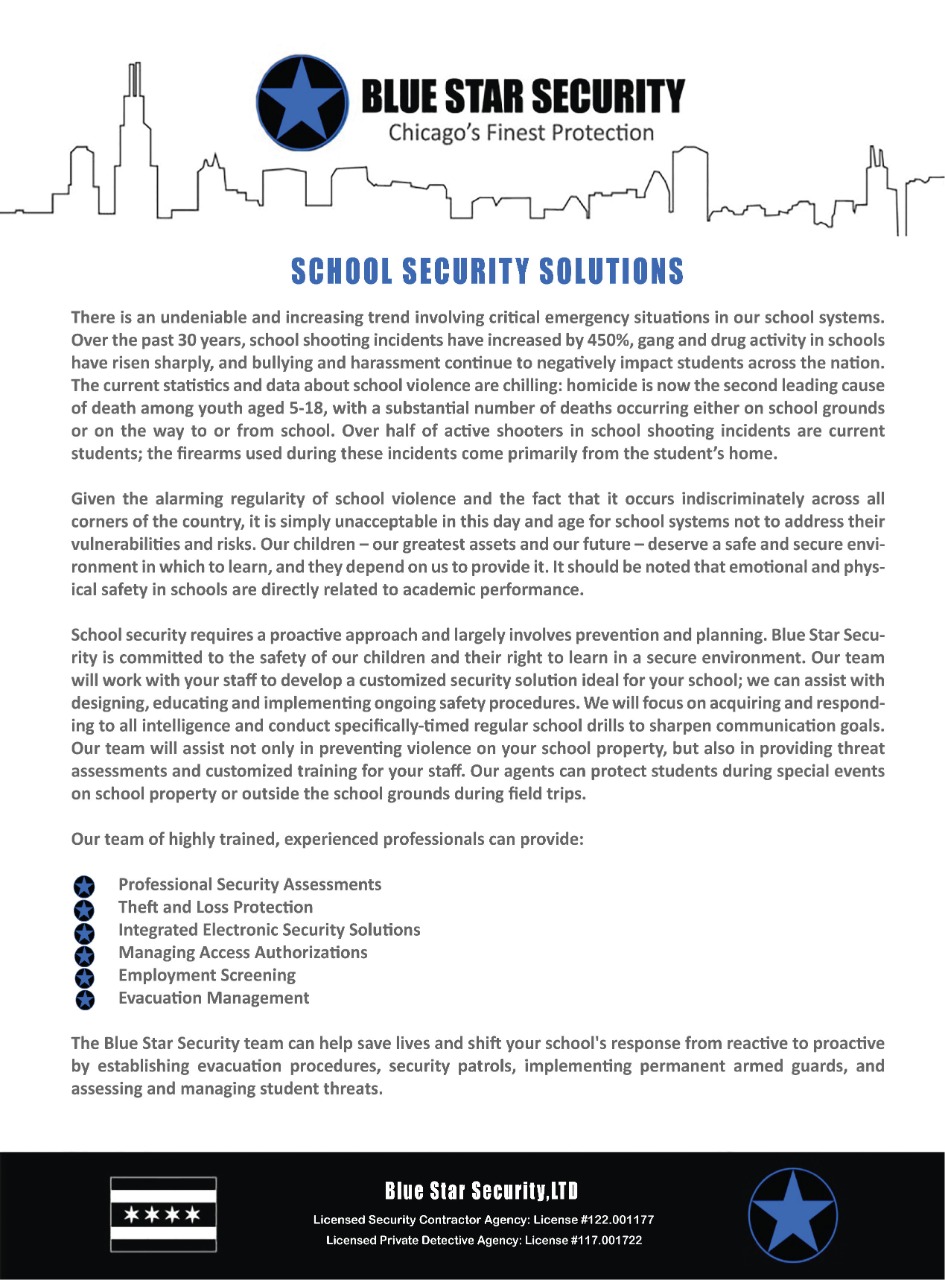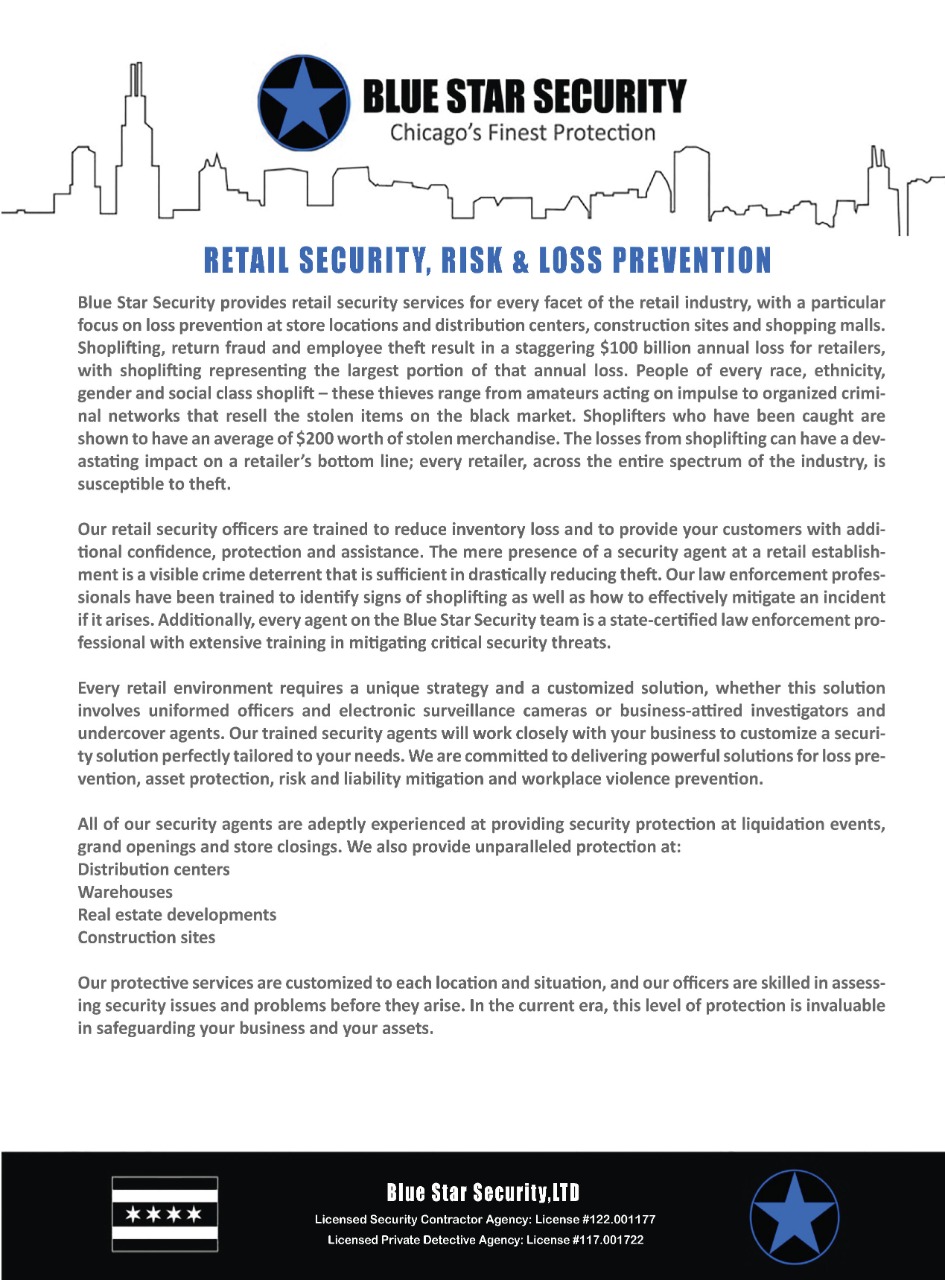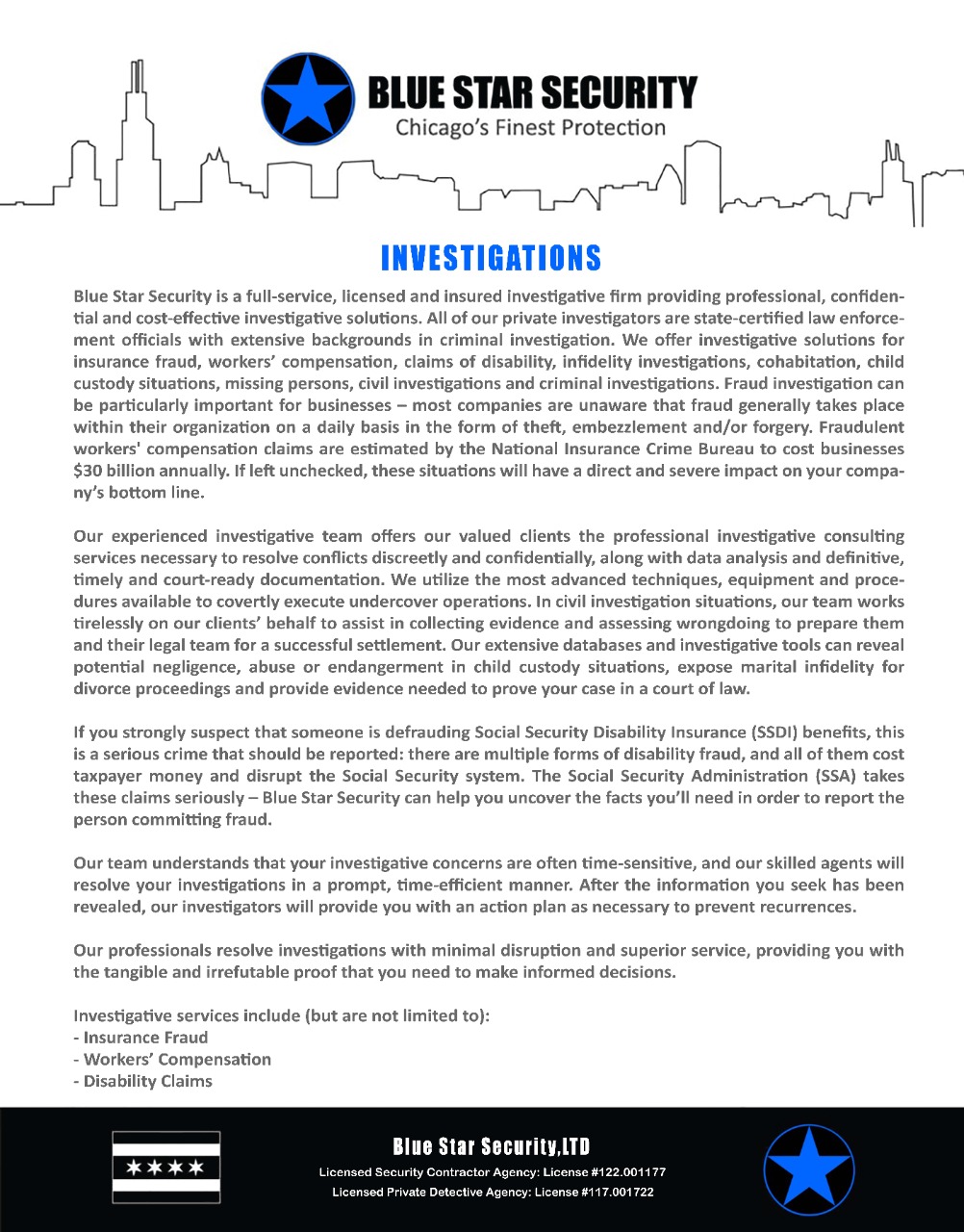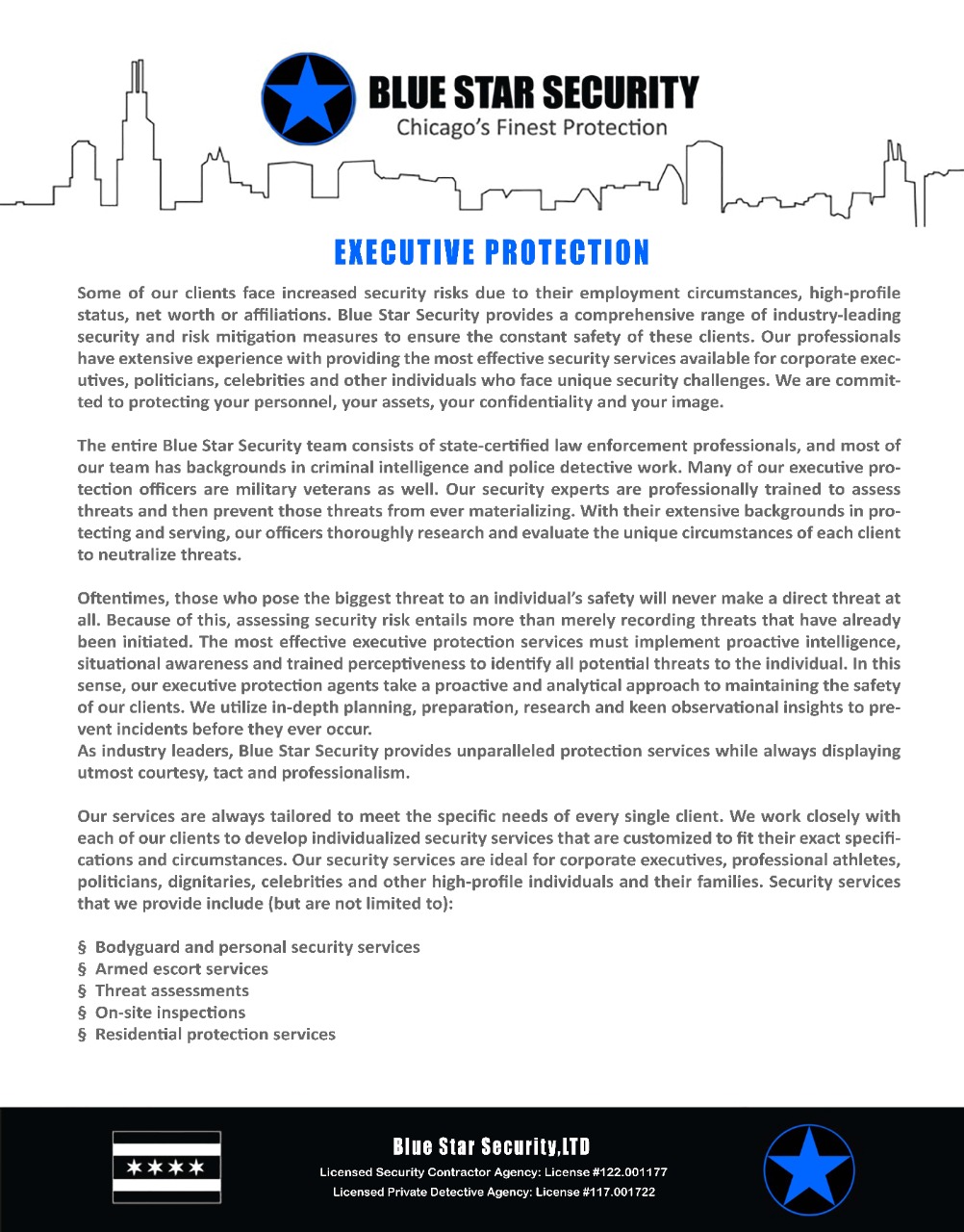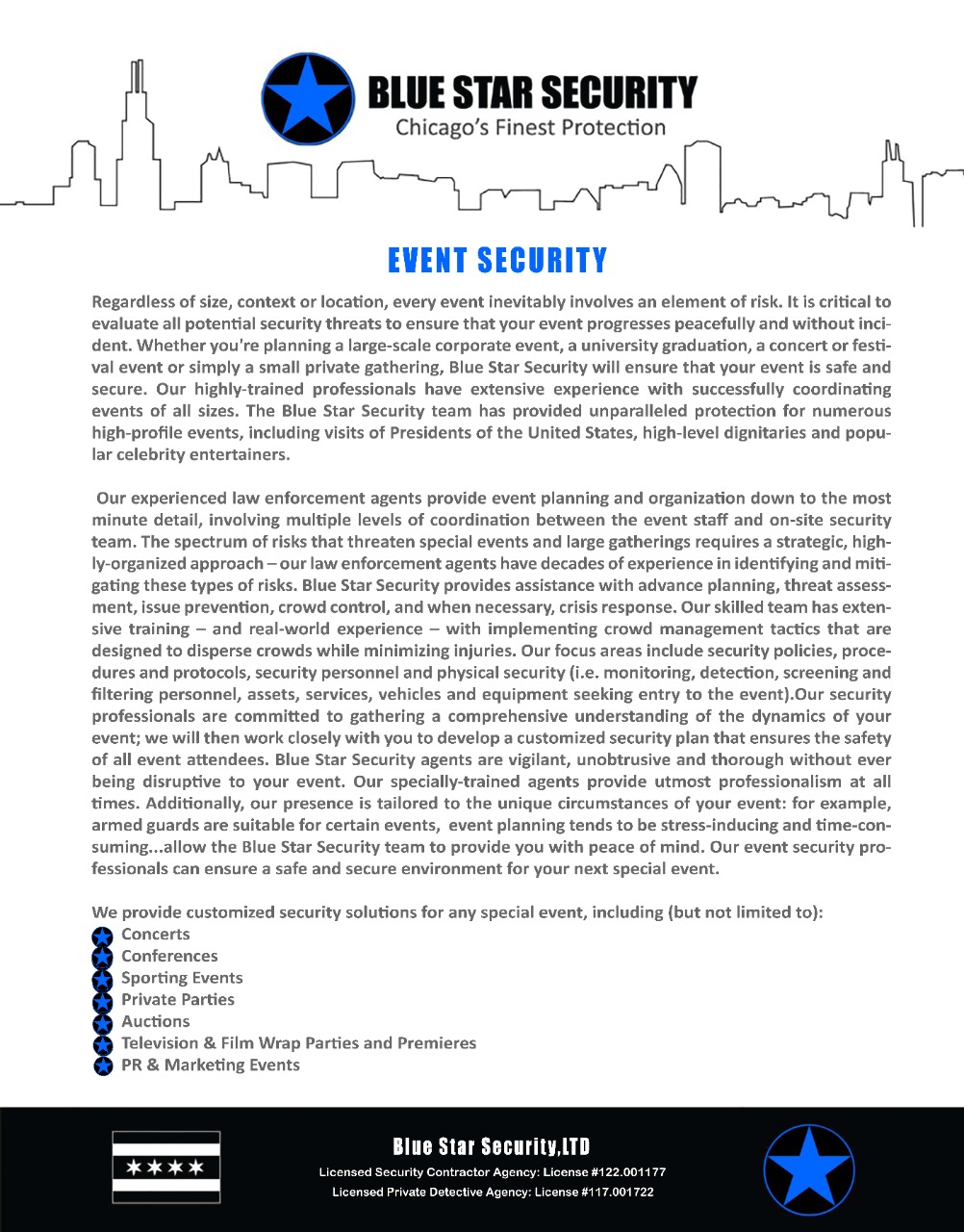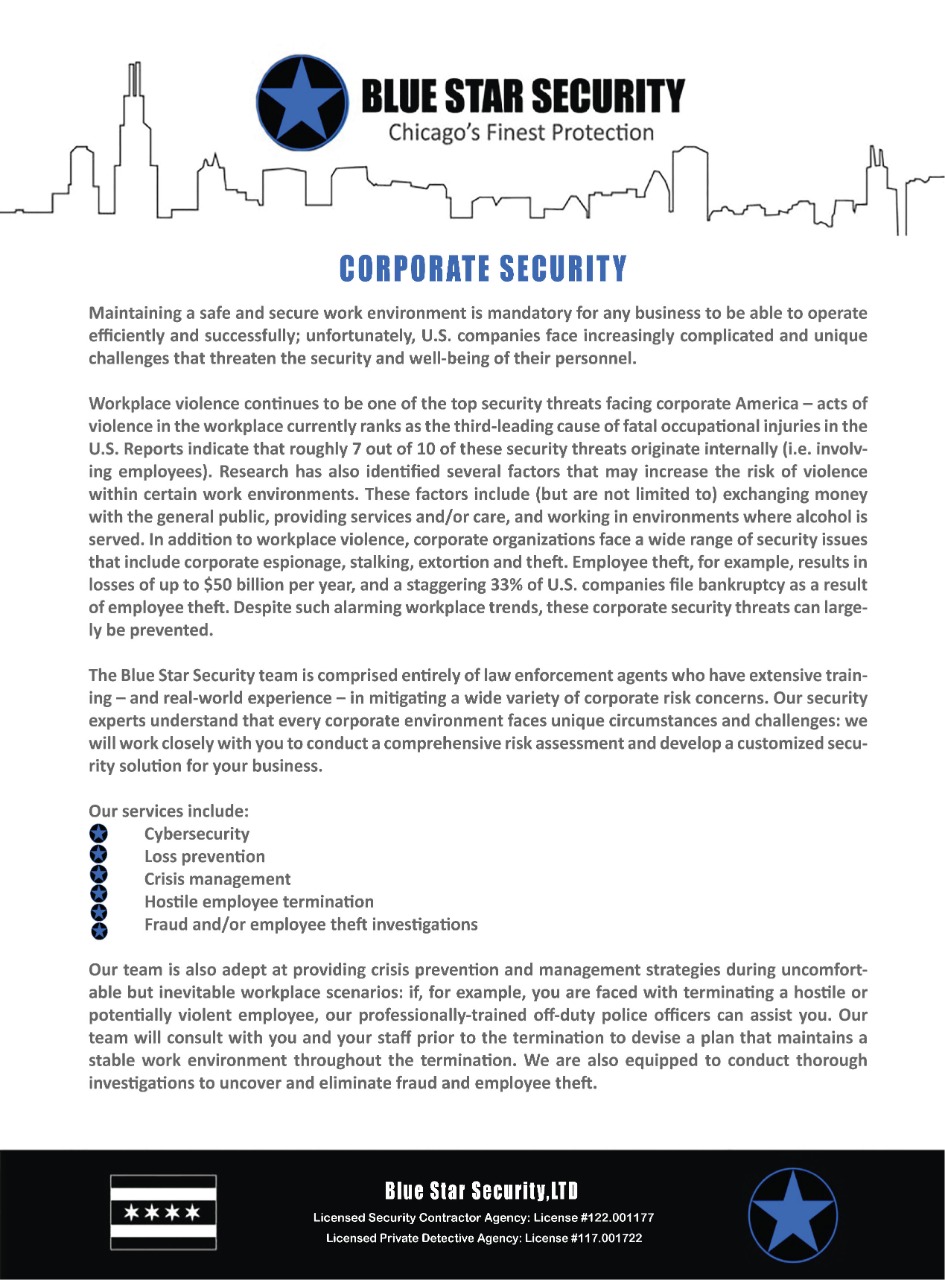Security threats are present any time a large number of people are gathered together, and it’s the responsibility of every event host to ensure the safety of their guests. This is particularly important in light of incidents that have occurred during large scale events in recent years, in which large scale events have become the target of terrorist attacks, mass shootings and other incidents that have resulted in injuries and the loss of life. By their very nature, events such as conferences, festivals, concerts, sporting events, fairs and fundraisers attract large crowds and become easy targets for crimes such as robbery, theft, assault and terrorism. Events may also become opportunities for special interest groups to publicly demonstrate. With this in mind, it is imperative that event organizers assess safety concerns and take steps to mitigate potential risks.
Event security professionals are not only trained to act in emergency situations, but also to assess risks and implement strategies aimed at threat prevention. The primary objective of event security isn’t to respond to threats, but to prevent them from occurring in the first place. No matter the size or scale of an event, a great deal of event security takes place behind the scenes. In this sense, it is critical for security to be customized for each specific event.
Insufficient event planning, management, crowd control, event security and emergency response drastically increases the likelihood of catastrophic, life-threatening incidents.
What Is Special Event Security?
Special events are typically defined by large crowds and are often held at venues capable of accommodating crowds of people. When planning and managing major special events, security professionals must consider specific criteria in determining the likelihood that an event will become susceptible to undesirable activity. This criteria includes the following:
- Size of the event
- Location of the event
- Duration of the event
- Previous threats to the event or event location
- Political, historical or symbolic significance of the event
- Nature and extent of media coverage
- Attendance or presence of VIPs, celebrities and/or dignitaries
As the number of criteria impacting threat probability increases, so does the risk for injuries, accidents, and financial losses.
In order to effectively plan and manage the security of major special events, a security team must take many elements into consideration, including:
- Planning for worst-case scenarios and catastrophes (i.e. violence and terrorist attacks) as well as ordinary crimes and incidents (i.e. fights and disorderly conduct of patrons)
- Weighing all security measures that could conceivably be taken (i.e. road closure, visible tactical units, and searches)
- Ensuring that the event progresses safely while respecting freedom of speech and assembly
- Establishing customized organizational structures and methods of communication
A competent event security team understands that protecting the guests, property and venue at all times requires a multi-layered approach. The planning and execution of event security generally includes the following services:
- Risk assessment
- Event workforce management
- Event safety management and planning
- Media liaison
- VIP arrival and departure protocols
Special events often draw media attention, which can place demands on event organizers that can change quickly and potentially become overwhelming. Since media coverage is essential for most special events, an important element of event security involves media liaison.
Ultimately, behind every successful special event is a security plan that has been specifically customized for that particular event. The plan must consider every potential security risk and have specific actions in motion to mitigate against those risks.
How Much Security Is Needed For An Event?
It is impossible for anyone to plan for every contingency, but a careful assessment and analysis of an event helps to determine how much security is needed and where. Any experienced event planner knows that ‘expecting the unexpected’ is a critical component of staying in control of an event and maintaining an event that proceeds smoothly.
Determining proper security needs is not a simple equation and depends on numerous factors. A smaller event, for example, does not necessarily mean that fewer security officers are needed. A space that is too small can easily become overcrowded and just as difficult to control as a larger space.
The security personnel-patron ratio must be considered from several different angles to ensure that the event is properly secured. Some of the key factors to consider when determining this ratio include, but are not limited to:
- Type of event
- Crowd demographics
- Venue size
- Staff ratios and responsibilities
The presence of alcohol is another critical consideration in determining the likelihood of incidents. A competent and experienced security team will evaluate the unique factors of every specific event to determine presence needed.
Event security personnel must be properly trained to effectively manage large crowds and handle developing situations quickly and discreetly, which requires experience in specific tactics such as risk management, first aid, and crowd control.
Why Is Security Important At Events?
There are a number of serious risks involved with insufficient security planning, which include but are not limited to:
- Injuries and loss of life
- Property damage
- Higher insurance premiums from claims and lawsuits
- Increased operating costs or loss of revenue
- Major event disruptions
- Reputational damage
- Problems for future events, as sponsors, vendors and patrons may not attend
Having a security presence at an event not only provides a sense of comfort and safety for attendees, but it also demonstrates professionalism, particularly in the case of corporate events and conferences. Providing event security and protection shows potential business partners, investors, and associates that their well-being and best interests are important and have been taken into consideration.
How Much Does Event Security Cost?
Off-duty police officers are generally more expensive than armed security guards, and for good reason: police officers are highly trained in a wide variety of capacities and disciplines relevant to effective event security (i.e. high-pressure situations, crisis management, crowd control, surveillance, and conflict resolution). In this sense, off-duty police officers come at a higher price due to their extensive training and experience.
Hourly rates vary depending on the date of the event, the number of off-duty officers required, the duration of the event, etc. Event planners can request a quote for event security services facilitated by off-duty police officers at https://bluestarsecurityllc.com/services/event-security/






